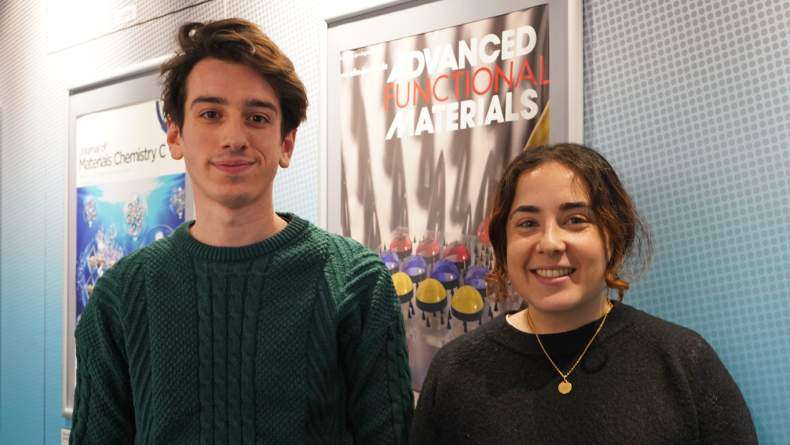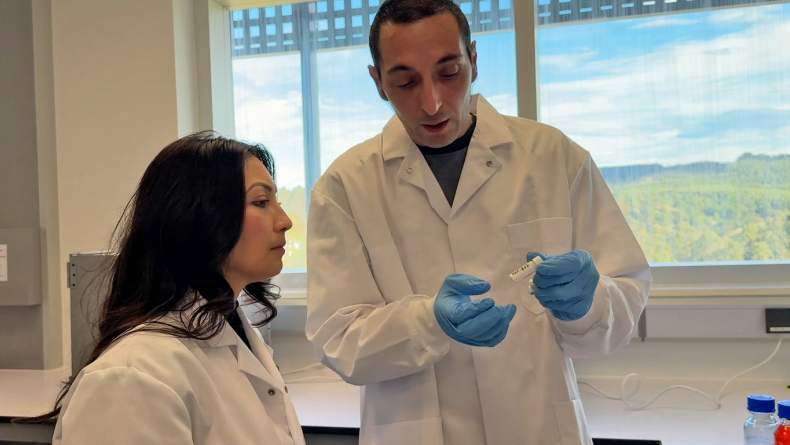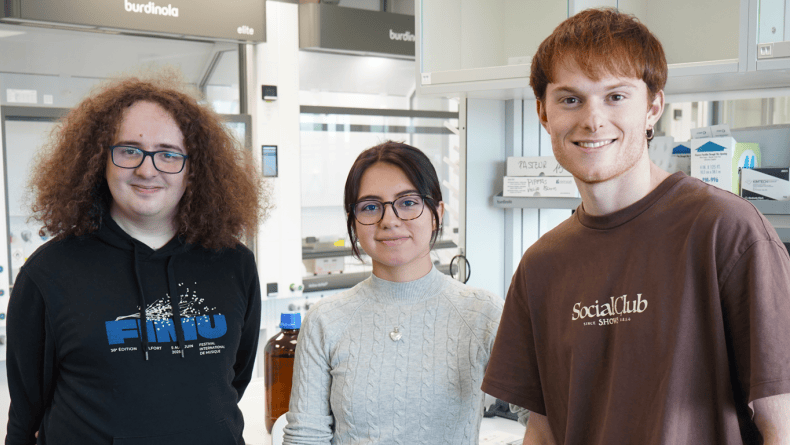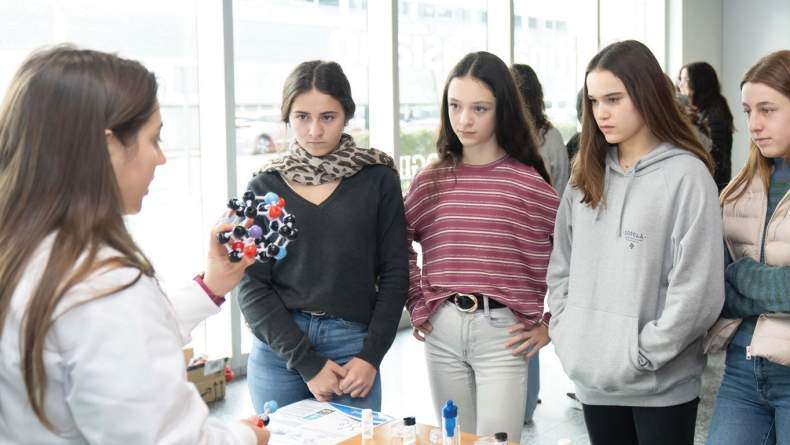BCMaterials invited talk: Manuel Doblaré

Mechanobiology: a new challenge for mechanical engineers
Manuel Doblaré
Group of Applied Mechanics and Bioengineering Aragón Institute of Engineering Research (I3A) - University of Zaragoza Aragón Institute of Health Research Networking Centre on Bioengineering, Biomaterials and Nanomedicine (CIBER-BBN)
It is well-known that the structure of living tissues develops by a complex interaction between cells and the surrounding environment controlled by genetic instructions. One of the main factors that influences on this process is the mechanical environment, and thus, structural tissues are optimized in terms of their specific mechanical function. Mechanobiology is the discipline that deals with the cellular response to the stress/strain state including mechanosensation, mechanotransduction and cellular expression. This discipline is becoming increasingly important not only to better understand and predict biological processes as important as remodelling, growth and morphogenesis, differentiation, damage or healing, but also as an essential companion in the new concept of tissue engineering. As any other discipline, mathematical models are the way in which the acquired knowledge is systematized, allowing checking of new hypotheses, tissue long-term behaviour under any type of mechanical condition and understanding the results of experimental tests and the interaction between mechanical and biological processes. All this has motivated the appearance in the last years of many of these models. However, most of them have been only focused on particular aspects or specific biological processes, while their combined analysis requires at least formulating in a general way the interaction between mechanics and cell response while more complex and mechanistic models should also include biochemical substances as well as bioelectrical fields. In this talk, a first formulation that describes from a macroscopic point of view the coupled behaviour of a continuum mixture of cells and different types of extracellular matrices (ECMs) composed by fluid and several solid aggregates. The mechanics of this mixture is coupled with tissue growth, cell proliferation and differentiation and tissue damage. Finally, several particularizations of this global mathematical framework are presented corresponding to bone remodelling, bone fracture healing, tissue engineering and “in vitro” evolution of glioblastoma multiforme. |
Manuel Doblaré Group of Applied Mechanics and Bioengineering Aragón Institute of Engineering Research (I3A) - University of Zaragoza Aragón Institute of Health Research Networking Centre on Bioengineering, Biomaterials and Nanomedicine (CIBER-BBN) Campus Rio Ebro, Agustín de Betancourt Bldg María de Luna, s/n. Zaragoza 50018 (Spain) Email: mdoblare@unizar.es |
Related news
Sara Martín y Stefano Lunghi, nuevos investigadores de BCMaterials
Desde BCMaterials damos la bienvenida a dos nuevas personas que integran nuestro personal investigador. Se trata de Sara Martín Iglesias, investigadora post-doctoral en la línea de Materiales Activod...Nanomateriales para la descontaminación y valorización de aguas
Personal científico de BCMaterials desarrolla nanomateriales de última generación, combinados con membranas poliméricas de origen natural, destinados a la descontaminación y revalorización de aguas....Tres nuevos investigadores se incorporan a BCMaterials
El nuevo año ha traído a BCMaterials la incorporación de tres nuevos jóvenes científicos a su equipo. Se trata de los investigadores predoctorales Karen Cano y Mikel Russo y el investigador...Actividades de BCMaterials en Emakumeak Zientzian
Este año se cumple el 10º aniversario del comienzo de la iniciativa Emakumeak Zientzian, que reúne a más de 30 entidades vascas organizadoras de actividades de divulgación científica con motivo de la...



